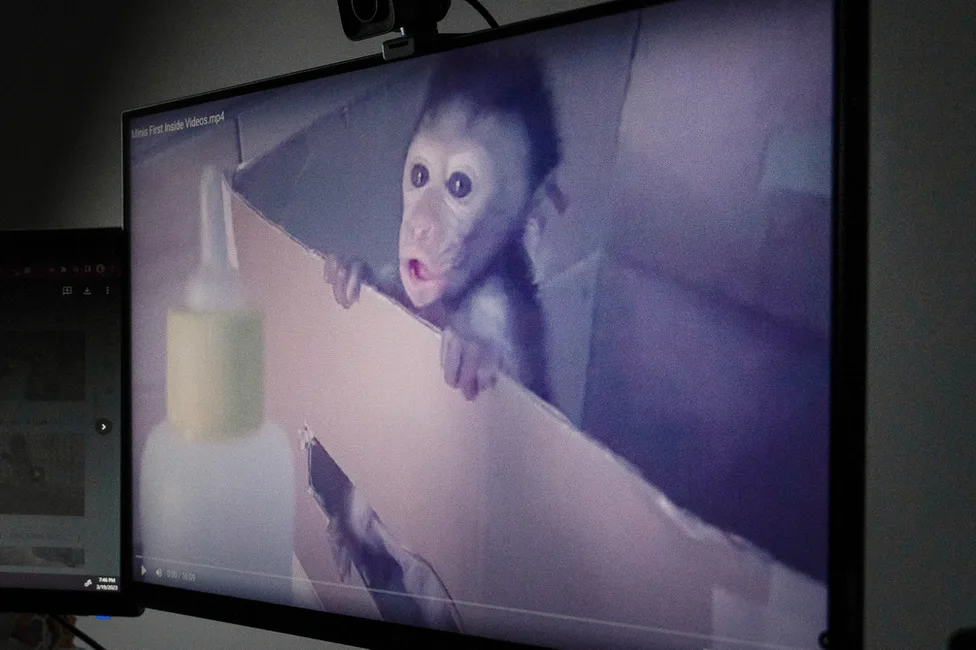
Challenging Stereotypes: Women and Sexual Sadism
In discussions surrounding sexual sadism and extreme criminal behaviour, there’s often a pervasive assumption that men predominantly perpetrate such acts. This belief can sometimes be used to support discriminatory views, including within certain circles of trans-exclusive radical feminists. However, recent cases highlight the fallacy of this assumption and emphasize the importance of addressing criminal behaviour based on individual actions rather than gender stereotypes.
A recent article delves into the disturbing case of Michael Macartney, dubbed the “torture king,” who was a central figure in a global network engaged in creating and sharing sexually sadistic videos involving animal abuse. What’s particularly striking about this case is the involvement of women—Holly LeGresley and Adriana Orme—in the UK charged in connection with this group.
Holly LeGresley, known online as “The Immolator,” played an active role in commissioning and distributing videos depicting the torture and killing of baby monkeys in Indonesia. LeGresley pleaded guilty to charges related to consuming, causing, and facilitating the torture of these animals over the Internet. Adriana Orme, another woman implicated in the case, faces charges related to publishing obscene material and causing unnecessary suffering to protected animals.
These cases challenge the misconception that sexual sadism and extreme violence are exclusively male behaviours. The involvement of women like LeGresley and Orme in such heinous activities underscores the complexity of criminal behaviour and highlights the need to address these issues without gender bias.
It’s essential to recognize that criminal behaviour transcends gender boundaries. Using these cases to advocate for discriminatory views based on gender undermines efforts to combat crime effectively. Instead, we must focus on holding individuals accountable for their actions and fostering a society that rejects harmful stereotypes.
In conclusion, the cases of Holly LeGresley and Adriana Orme serve as a stark reminder that sexual sadism knows no gender. By confronting stereotypes and acknowledging the diversity of criminal behaviour, we can work towards a more just and equitable society.
Let’s continue these conversations with empathy and understanding, seeking solutions that promote accountability and respect for all individuals regardless of gender.